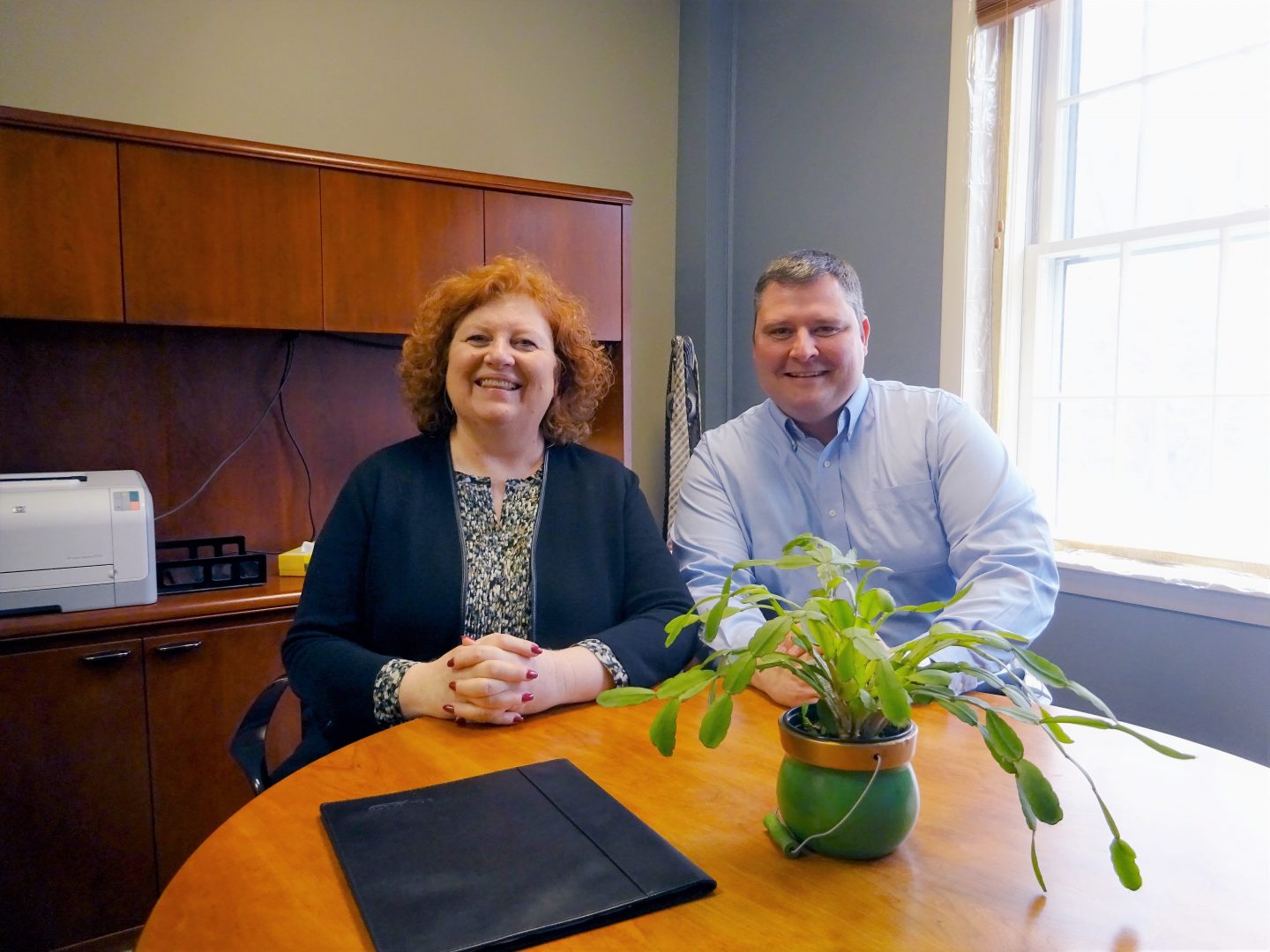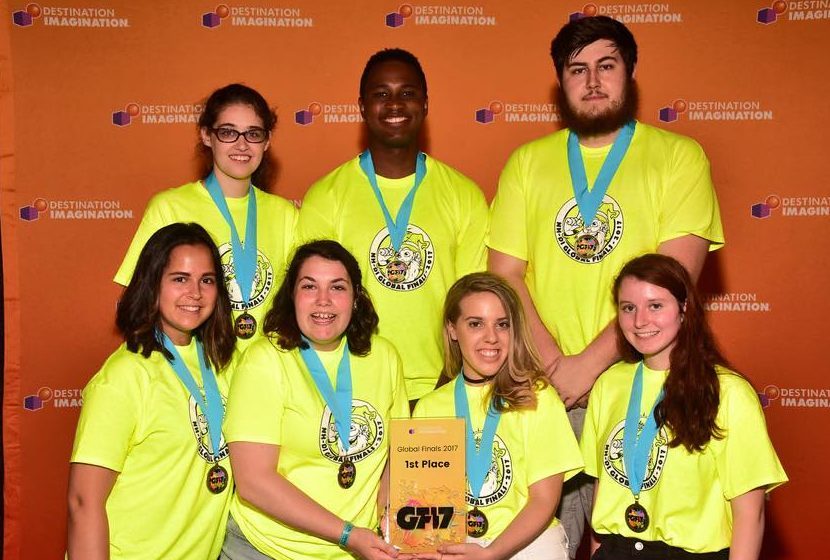For the past two months, the Culinary department at SNHU has been in a state of unrest regarding the future of the Culinary program here on campus. On Monday, March 13, Michael Evans, Vice President of Academic Affairs, announced President Paul LeBlanc’s final decision. Back in January, Evans made a proposition to “teach out” the Culinary program, meaning that once the current freshman class graduates, the program would no longer operate.
An open meeting took place in the hospitality salons on January 30, which enabled concerned students and parents to question the basis of the decision. Upon hearing the concerns, Evans worked with the culinary faculty and others to devise a new program model. Currently, first-year Culinary majors engage in lab and classroom courses that enable students to master fundamental culinary and baking techniques.
The following year, these students will participate in more advanced labs in addition to lunch and dinner services at The Quill, SNHU’s student-run restaurant. Baking and Pastry and Culinary Arts majors take different courses during their second year. This new program, which would merge the Culinary Arts and Baking and Pastry associates degrees and replace second-year culinary courses with a year-long internship, was approved by President LeBlanc, which means that the culinary program will continue to run.
The new program was created as a means of lowering costs and increasing enrollment numbers, which have been declining over the past few years. However, some students are concerned that the integrity of the program will be sacrificed under this new model. Culinary Student Association co-presidents Jason Sederquist and Dana Finazzo, seniors, have mixed feelings about the final decision.
“There’s a part of me that is unhappy with it, but I love how it gives students the ability to cross train,” said Sederquist. Finazzo agrees that the new model may not be as comprehensive as the current model, but she feels that the work that she and many other students put in to change Evan’s mind was worthwhile.
“I attended and spoke at all the meetings. We fought a good fight and it worked, our chefs still have jobs,” said Finazzo.
Many of the logistics of the new model still need to be worked out. For instance, the future of The Quill is still in question. Operating The Quill as a consistent, full service restaurant with an established menu is one option that Evans presented.
Other ideas that Evans mentioned in his proposal was to include theme nights at The Quill, a summer kickstart program, short-term classes for non-students and corporate sponsorship. Evans is also open to marketing the program more effectively as this was one of the major issues expressed by students and parents. The original program will be taught out by the current freshmen class; the new model will take into effect under the next incoming class. It has been determined that next year’s culinary class will be smaller than in previous years.
There is a concern that the current freshman class may be denied some of the opportunities that past students were given, such as taking culinary/baking electives and working as Culinary Teaching Assistants. Freshman Nathan Grimm is unsure if the new model will live up to the high standards of the original.
“It’s not ideal but I’m glad that we still have a program. Hopefully the original will return.”
He added, “I can’t say if it will affect us at the moment. It could have positive or negative effects.”
Although many students are disappointed at the termination of the original program, they are remaining optimistic about the future, despite its uncertainty.




